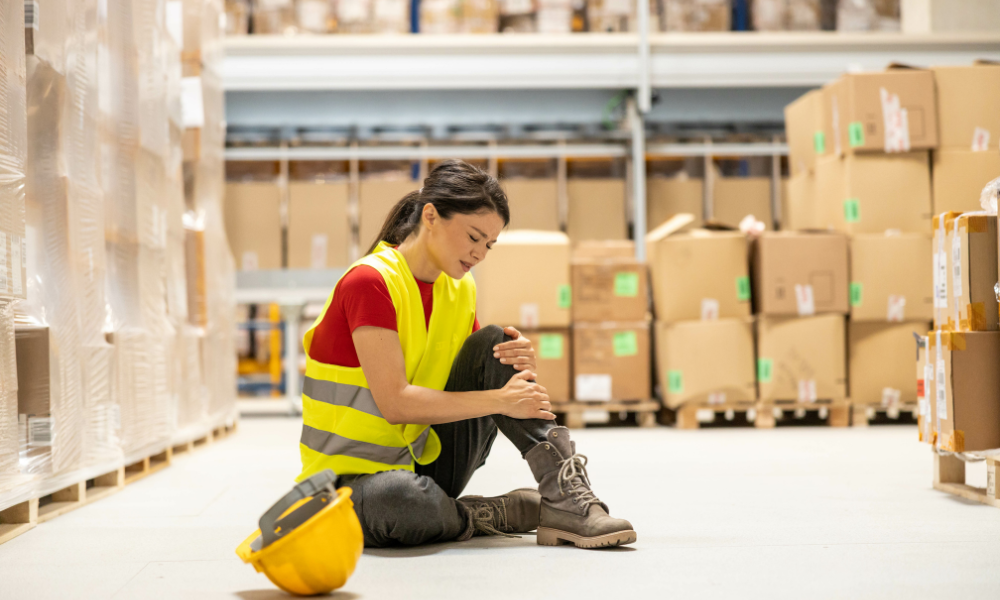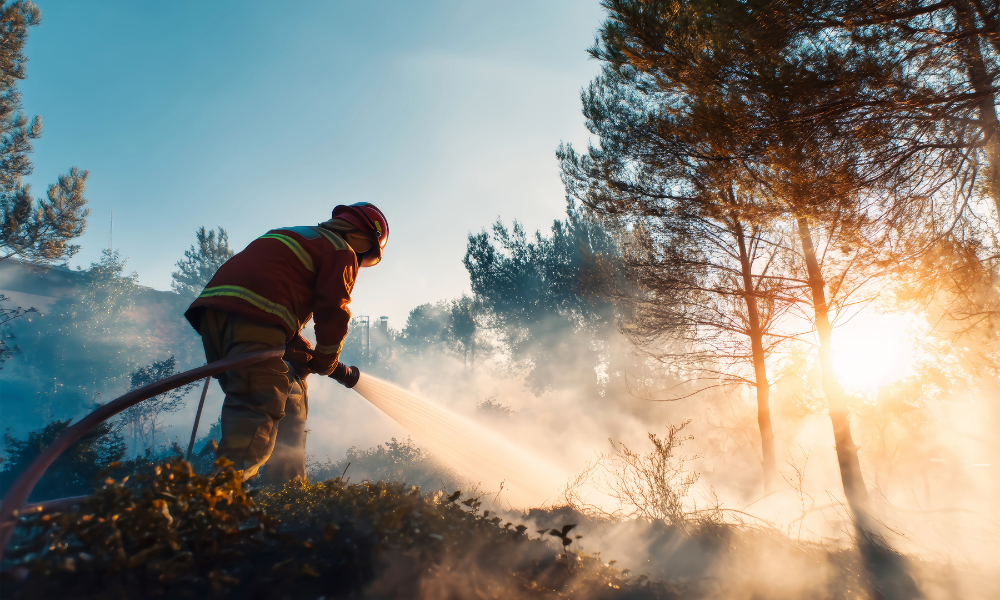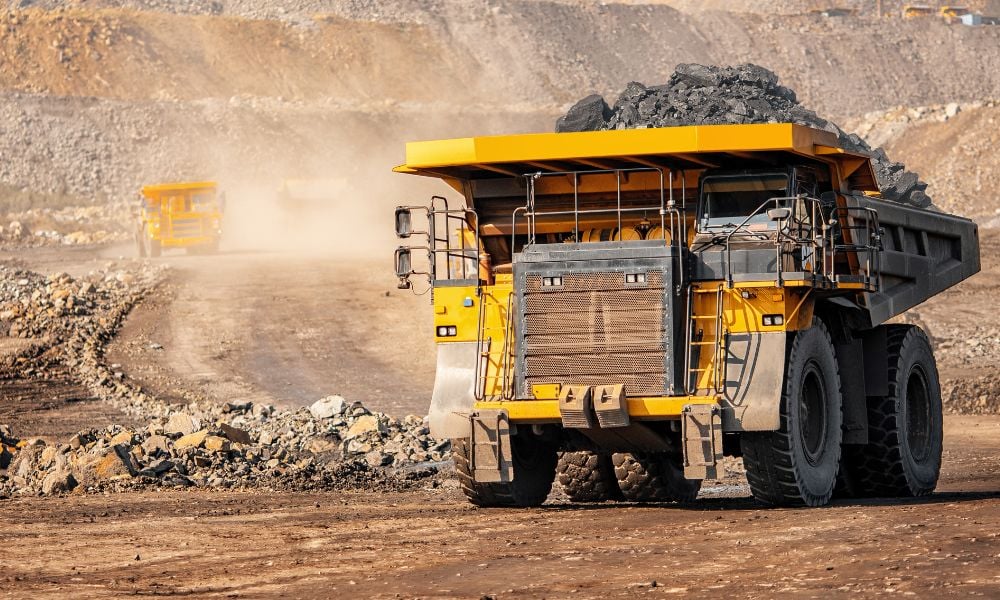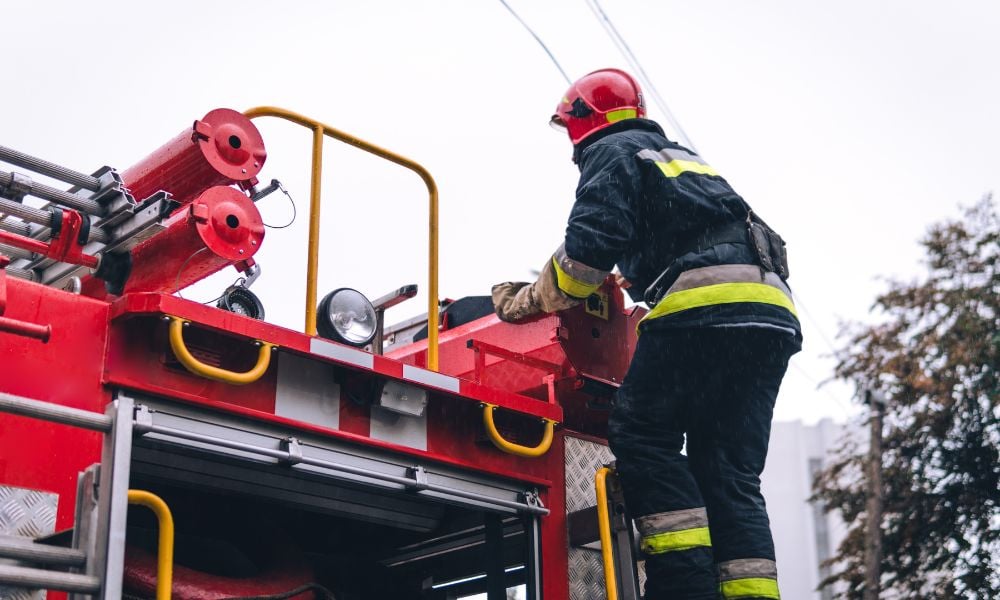Health and safety is about people, and the way we interact matters
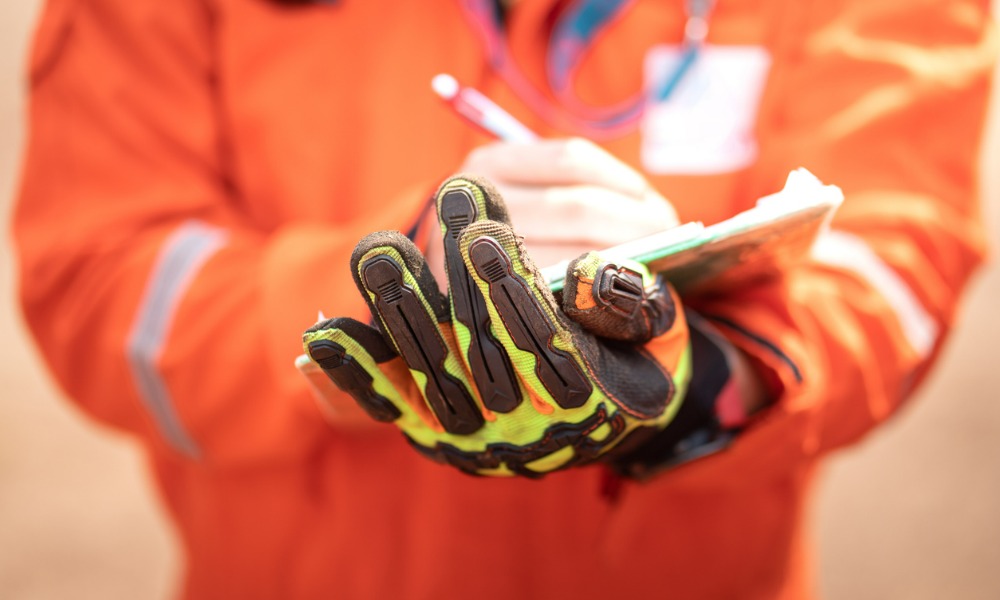
Safety and lollipops? Do not get excited. I'm not advocating that safety practitioners give out lollipops in the workplace, far from it.
The term "lollipop moment" is coined in a Ted talk. It's not my absolute favorite, but it is memorable. The lollipop moment is a moment that affects others. It's a moment you likely don't remember. In that moment in which you significantly affect someone else's life. I like to call them small acts of greatness.
In a world fixated on grandiose gestures and stunning accomplishments, we all seem to believe that we need to aspire to do these great things. I don't think that's true. Health and safety is about people. The way in which we interact with people matters.
The trouble with these small acts of greatness as they often go unnoticed. Even those affected often don't realize the effect it will have on them until later and often do not come back to that person and say anything about it.
These moments can define how people perceive those practicing health and safety. Let me give a simple example. Arriving at the scene of a motor vehicle accident involving a company vehicle and driver. You quickly approach the police officer on the scene and declare that you represent the employer and this is your driver. Simple enough.
I once arrived at the scene of a rollover. One of the cardinal rules in transportation is to keep the rubber side down. The driver was on the side of the road on the opposite side of the scene. I had parked and walked towards taking in the upside-down truck. I arrived and said, "Are you OK?" He said he was, and I got him in my vehicle and then went to speak with the police. The only thing he remembered later was someone asking him if he was OK before asking how he had wrecked a quarter million dollar truck.
I thought I was doing my job, but that comment made a difference and communicated a bunch of things. Most important was that someone cared about him as a person. People involved in incidents are having a really bad day. They already know that – no reminders are needed. No matter what happens after that. They appreciate the small acts of kindness/professionalism or greatness.
One of the great things that the practice of health and safety does is to reduce the severity of the outcome of inevitable events where people make an error, or there is some other kind of failure.
You can probably recall a time when someone did or said something that made a great deal of difference to you. You probably can recall that you did not ever tell that person what a difference their actions or comments made at that time.
There are times when we advocate for people thinking it's part of our job, but it means much more to them. Everyone in health and safety, sooner or later, finds themselves involved in worker's compensation claims. Not every situation is one where there is a need to advocate for the employer. In my career, I've had many situations where I have advocated for workers with Worker's Compensation to get the services, treatment, or compensation they were entitled to.
Sure, it was my job. But I realize that most people don't understand the Worker's Compensation system, and it's very intimidating dealing with a large monolithic organization. Using the company's resources to increase the speed of access to treatment means that the worker returns to work sooner and is more likely to successfully return to full duties.
I once had a case where an employee was applying for short-term disability. I was aware of some of the particulars of the case and was informed the claim had been denied. There was little doubt that the claim was a legitimate one, and, as with all things in this realm, I had seen my share of questionable claims be accepted.
Since I was in charge of short-term disability, I called the insurance carrier and asked them to accept the claim. They told me about their procedures and the careful vetting they had followed, resulting in the claim being denied. I simply pointed out that I was paying the bill and wanted them to accept the claim. I later discovered that the employee would have been absolutely destitute without the money. They did thank me, and I was a little surprised by it since I thought I had done the right thing and picked up the phone. Maybe someone else might not have.
I'm not writing this to try and convince anyone I am somehow special. That is the opposite of the point, which is that we all can make a difference. Small acts of greatness can have a significant effect on someone else's life. Whether or not it gets acknowledged, the effect is real.
I backed into a fence once with my company pickup truck. I cracked the taillight and immediately reported the incident and went for a drug test. Some people were shocked by this because they said my predecessor wouldn't have said anything. I thought it was the right thing to do. Word got around, and it helped demonstrate to employees that everyone followed the process, even senior managers.
The most recent event prompted me to write this article. I was speaking with someone I used to work with, and they told me that a company had given a presentation at a meeting, speaking about how I had affected their company in the way they approach safety. The kicker is that I have never worked with that company and don't know anyone there.
Good ideas are never a waste. Advocacy for the right thing is always appreciated.
Think about moments in which other people affected your life. Maybe you should tell them.
Small acts of greatness change the world. Give it a try.



